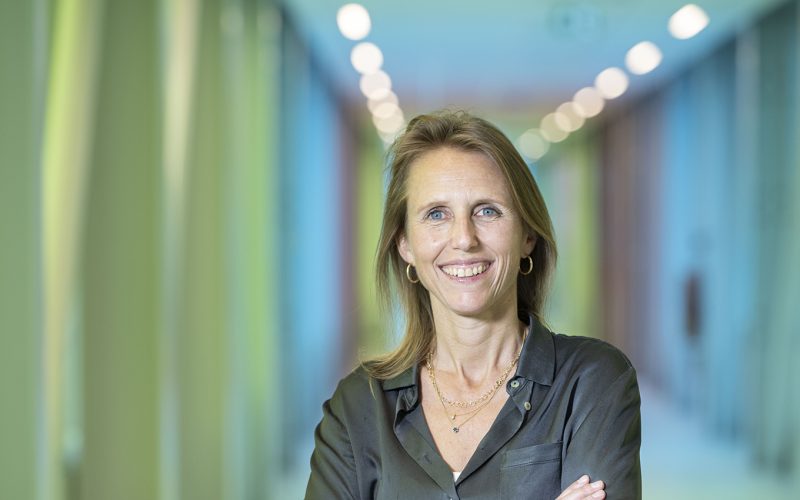UMC Utrecht professor Sabine Fuchs has received a €150,000 grant from the European Research Council ERC for the IMPACT project. Her team will use that money to set up the necessary infrastructure for a gene correction therapy for the rare disorder MMA. With a long-term goal: an innovative but above all effective treatment against this serious metabolic disease.
In the Netherlands, all newborn babies can be tested for MMA. Methylmalonaciduria (MMA) is caused by a genetic defect and so far cannot be cured. The scientific research of Sabine Fuchs and her team contributes to a healthy future for MMA patients.
As a genetic disease, MMA does not stand alone. Over 30 million people in Europe are affected by diseases caused by genetic mutations. ‘The IMPACT project aims to make gene correction therapies for rare genetic diseases accessible and affordable,’ says researcher Indi Joore. ‘Despite recent advances in genetic technology that can repair these mutations, developing affordable treatments remains a challenge. This is due to the limited commercial interest in therapies for rare diseases.’
Barriers are encountered when developing innovative therapies. IMPACT can make a difference in this as researchers focus on the regulatory, manufacturing and financial necessities to implement this therapy clinically. This includes testing the therapy in a clinically relevant model, figuring out intellectual property and working with experts and stakeholders to define strategies for regulatory approval, manufacturing and funding.
In this way, IMPACT researchers aim to create a flexible therapeutic platform that can be used to treat genetic diseases, ultimately helping many patients, including those with other rare genetic disorders. The project thus builds on Sabine Fuchs’ ERC-Starting Grant with which she wants to develop this genetic therapy preclinically.
The ERC is Europe’s leading funding organisation for innovative scientific research. With its complementary grant scheme ‘Proof of Concept’, the ERC helps European scientists bridge the gap between ground-breaking research and the first stages of its commercialisation. The ERC is led by an independent governing body, the Scientific Council.
